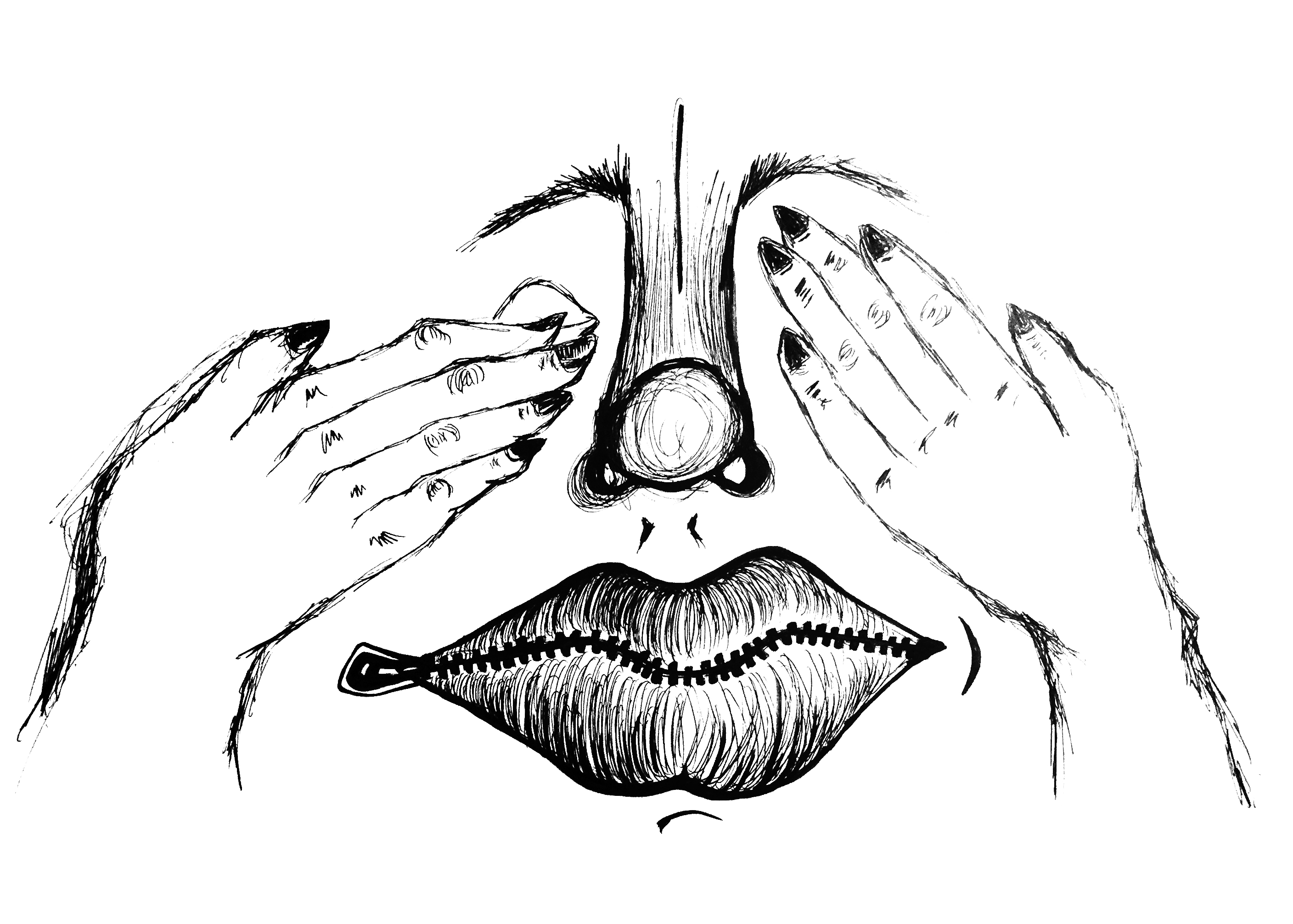
Many have argued that Silliman Associate Master Erika Christakis should not have sent her famous email last semester because its content and the actions it seemed to downplay offended certain students. Few said she meant harm — most of the argument focused on the email’s effect. The syllogism of those calling for the Christakises’ removal was: Students in your college feel deeply offended, ergo you are failing. This argument found many and intelligent proponents. What accounts for its power?
Negative, natural rights are central to the Western political tradition. Conceived most famously by Thomas Hobbes and John Locke, such rights are common to all people.
A few things worth noting about these rights as Hobbes, Locke and others understood them: First, they protect individuals from certain things. They are most precisely rights against, not rights to. (I am not here concerned with discussions of property rights). Second, they concern physical aspects of human beings. Hobbes’ first right, for instance, is a right against being murdered. Third, they protect against certain effects. A drunk driver who kills you has violated your right to life even if he intends no harm. Fourth, because they protect physical aspects of human beings, violations are pretty easy to detect. For instance, everyone knows when you’ve murdered someone.
Last semester’s protestors did not exactly demand a right against offense. But their objections to Christakis’ statements map quite nicely onto features of the right against murder (or physical violence). They objected to the email’s effect on certain students, disregarding Christakis’ intentions. They therefore implied that no one should have to experience a certain kind of behavior from others: behavior that offends them. And, of course, offense is intellectual, while violence is physical — but notice how many students claimed that Christakis’ email made them feel “unsafe.”
Unlike physical violence, however, offense is subjective. It’s usually easy to tell what is and isn’t physical violence. Accusations are easier to falsify. Offense has many definitions, but in deciding whether something is offensive (to a particular person), you’re pretty much limited to that person’s word. If person A says something, and person B does not claim offense or resentment, it would be very strange to say person A offended person B.
The argument against the Christakises gains its power from the fact that a person saying he’s offended is necessary and sufficient for him to be considered offended. We have no measure more objective than someone’s own claims.
Given past racism against people of color at Yale and elsewhere, it is easy to see how the claims of many students that they were “harmed” by the Christakises’ behavior purchased the Yale mind. There was no socially acceptable way to tell them that they were wrong to feel that way.
Many people defended Ms. Christakis’ intentions, but they were answering a charge that hadn’t been leveled: that of hostility. Some people spoke about the impossibility of having a university if an offended person can demand another’s silence. After all, statistics can offend someone if he detests the conclusions they serve.
The slippery slope argument is fine, but what it’s really getting at is the claim that hearing new arguments, especially unsettling ones, is necessary for education. The protestors are wrong not because they’d rather Ms. Christakis not speak — they’re wrong because they’d rather students not hear what she has to say. They think, in other words, that crying foul is sometimes a proper reaction to arguments about the truth of the matter.
Minds, like bodies, need nourishment to grow and improve. The best nourishment for a mind is a new argument. An argument, if it is really that, is true or not true — the person making or hearing it is not important. It does not say, “you’re wrong because you’re a scoundrel.” To the degree that a statement is, say, a slur or a slander, it does not conform to the rules of argument. Of course, this is not true if you’re claiming that Donald Trump’s poor character would make him a poor president. But that claim rests on the notion that anyone’s poor character would make him a poor president. It does not follow that, because Donald Trump is a boor, he’s wrong about immigration.
These intellectual norms — and others — liberalize our minds and help us pursue knowledge. Hopefully we all came to Yale for those purposes. And hopefully these norms are strong everywhere. But if they are to be strong anywhere, they must be strong at a university. The Christakises did Yalies a favor by exposing them to unsettling arguments, about the role of the master, about free speech, about what counts as offensive. Here’s hoping we all benefit from their expert teaching.
Cole Aronson is a sophomore in Calhoun College. His column usually runs on Mondays. Contact him at cole.aronson@yale.edu .







